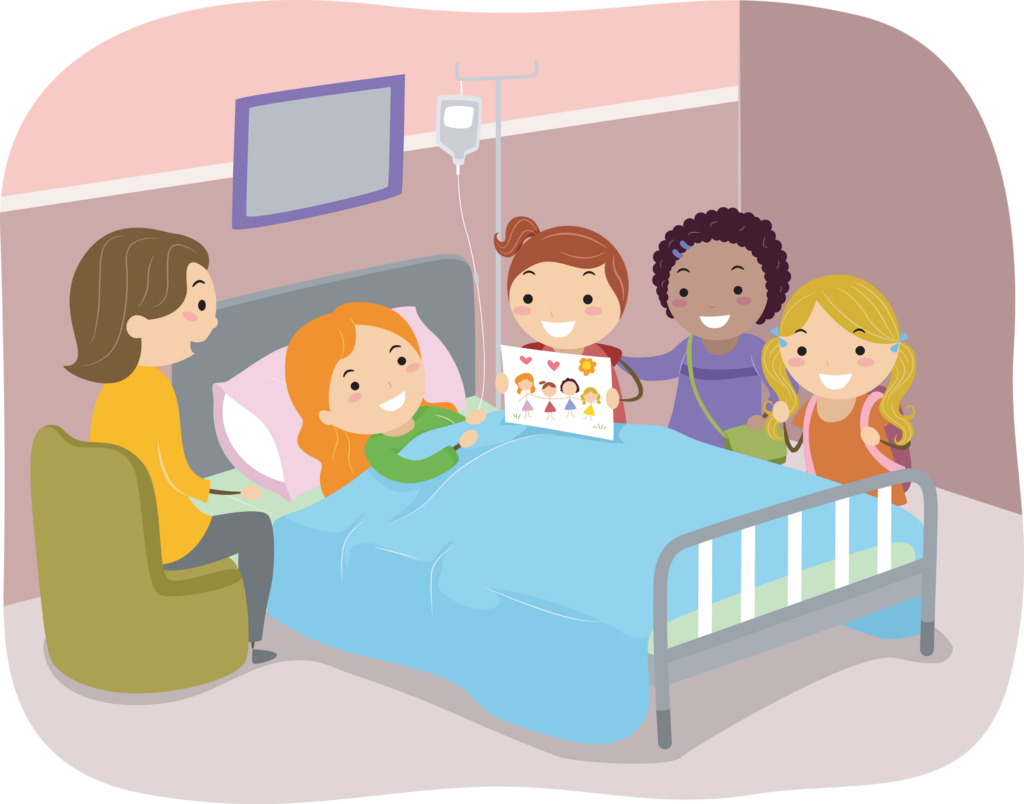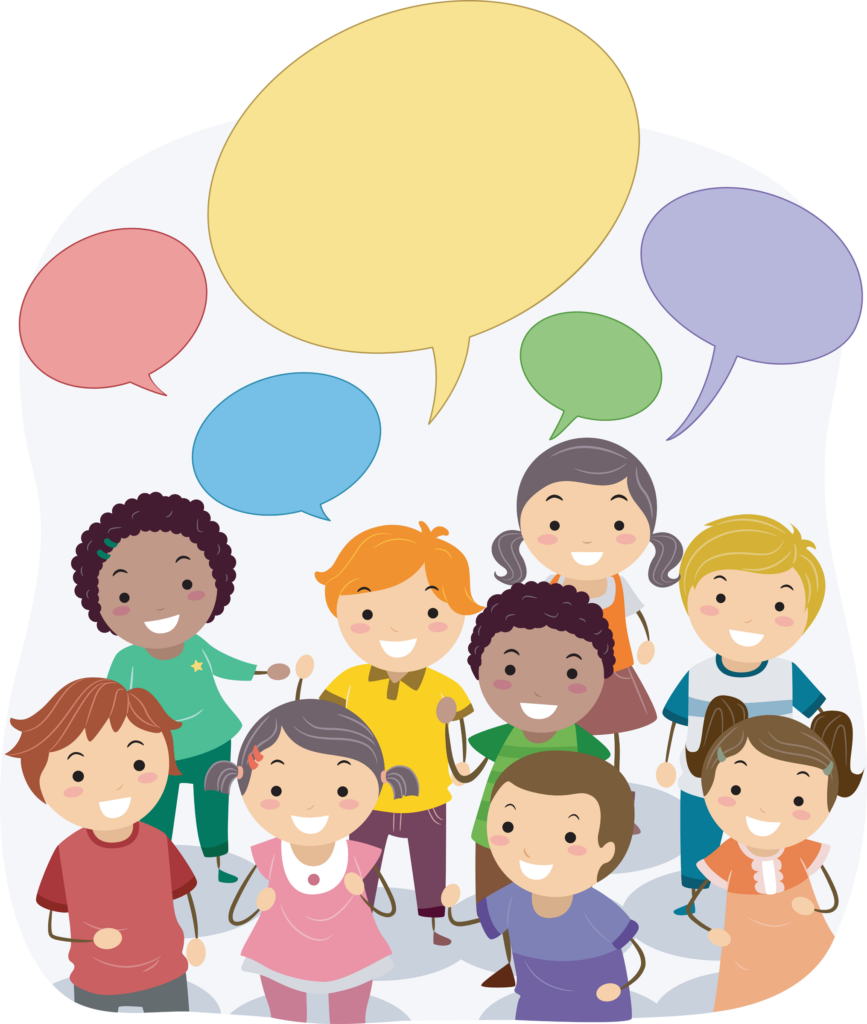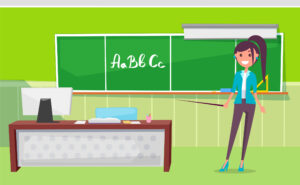
In our busy, connected world, it’s essential to teach students important social skills like active listening, empathy, and conflict resolution. These abilities help them handle social situations and build strong relationships. By teaching these skills in school, we can support students in becoming more adaptable, understanding, and better communicators. This article will discuss the value of teaching these vital social skills, look at various perspectives, and offer tips for making a positive, inclusive learning space.
Active Listening: A Foundation for Effective Communication
Active listening is a crucial skill for any successful conversation. It involves giving full attention to the speaker, reflecting on their words, and responding thoughtfully. Teaching active listening can help students become better communicators and develop stronger relationships with their peers, teachers, and family members.
Tips for teaching active listening:
- Encourage students to maintain eye contact with the speaker.
- Teach them to ask open-ended questions to clarify understanding.
- Help students practice summarizing and reflecting on what they’ve heard.
Empathy: The Power of Understanding Others’ Perspectives

Empathy is a critical skill when it comes to building sustainable, strong and supportive relationships. By teaching empathy, we can help students become more compassionate and inclusive, fostering a sense of belonging in diverse communities.
Tips for teaching empathy:
- Incorporate role-playing activities to engage students and help them see things for different perspectives.
- Encourage discussions about personal experiences and emotions.
- Expose students to diverse cultures, stories, and viewpoints through literature, film, and other media.
Conflict Resolution: Promoting Harmony in Relationships
Conflict is inevitable in any social setting, but learning to resolve it effectively is a crucial life skill. Teaching conflict resolution helps students manage disagreements, communicate their needs, and find mutually beneficial solutions, leading to healthier relationships and a more harmonious society.
Tips for teaching conflict resolution:
- Teach students the importance of active listening and empathy in resolving conflicts.
- Encourage open communication and assertiveness in expressing their needs and feelings.
- Provide strategies for finding win-win solutions, such as brainstorming and compromise.
Considering Diverse Perspectives: Cultivating Inclusivity
In our increasingly diverse world, it is essential to create inclusive learning environments where all students feel seen, heard, and valued. By teaching social skills with an emphasis on diverse perspectives, we can help students appreciate the uniqueness of each individual and foster a more empathetic and accepting society.
Tips for considering diverse perspectives:
- Use culturally relevant materials and examples in your lessons.
- Encourage students to share their own backgrounds and experiences.
- Create a safe space for open dialogue and discussions about diversity and inclusion.
- Conclusion
In conclusion, teaching essential social skills, such as active listening, empathy, and conflict resolution, is vital in helping students navigate social interactions and develop healthy relationships. By considering diverse perspectives and fostering a positive, inclusive learning environment, we can empower our students to become resilient, empathetic, and effective communicators, better equipped for the challenges and opportunities that life presents.


